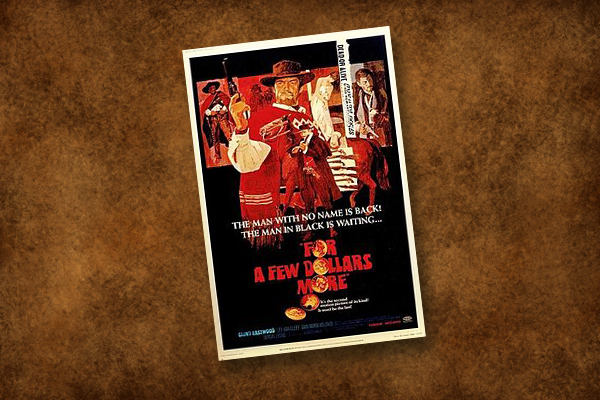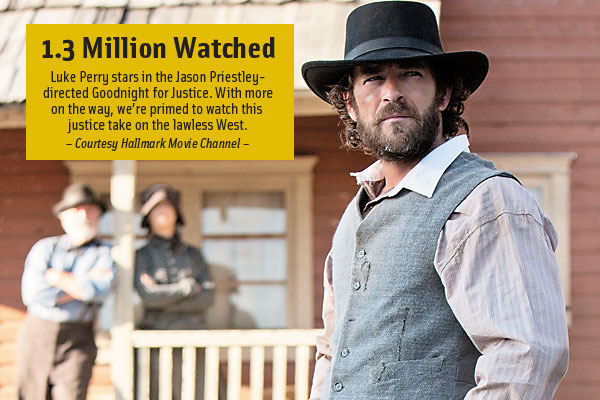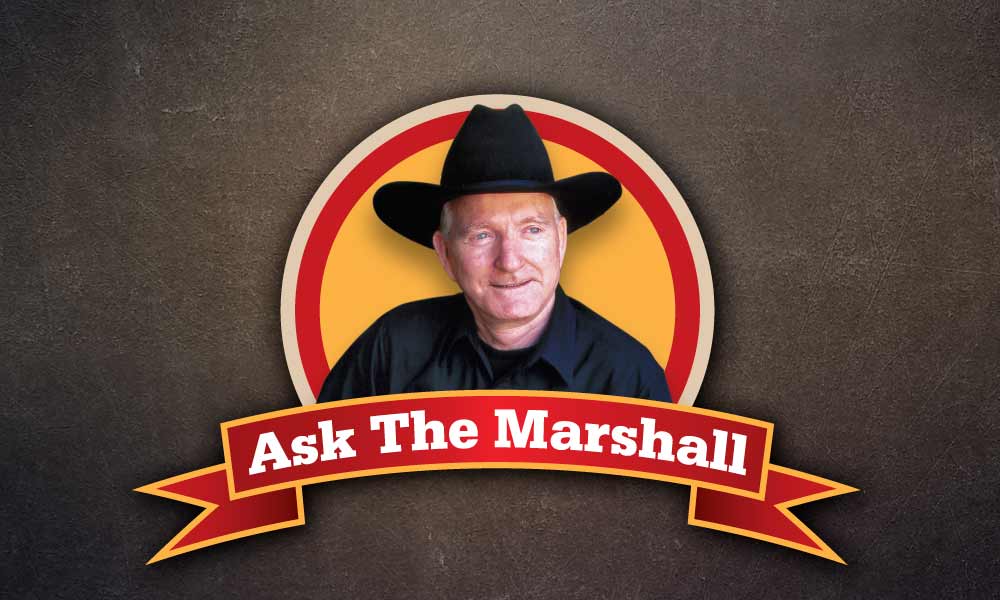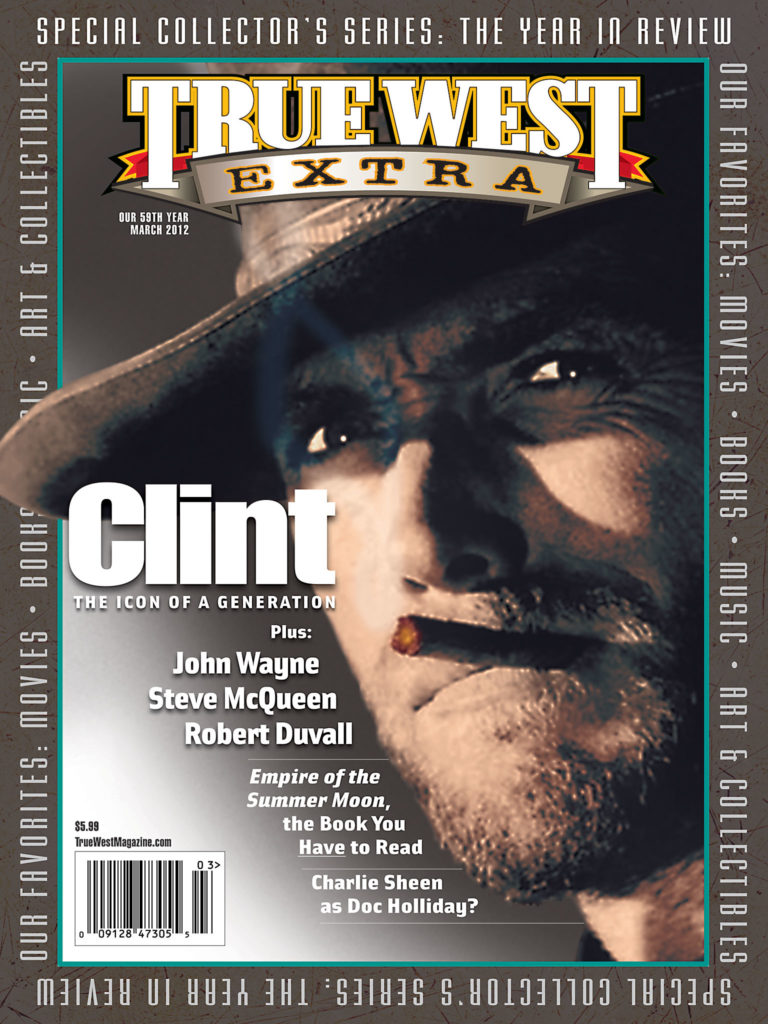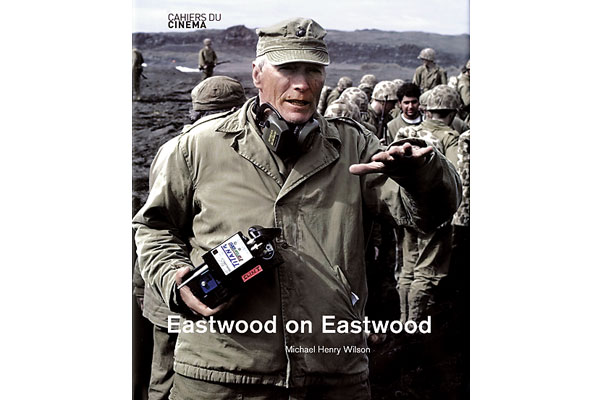 Michael Henry Wilson is the author of Eastwood on Eastwood, which shares his interviews with Clint about his directorial work, from 1971’s Play Misty for Me to 2009’s Invictus. Wilson gives us his insight into the filmmaker.
Michael Henry Wilson is the author of Eastwood on Eastwood, which shares his interviews with Clint about his directorial work, from 1971’s Play Misty for Me to 2009’s Invictus. Wilson gives us his insight into the filmmaker.
Clint’s Love of 1930s-40s Hollywood Movies: He grew up in those films. Those directors really made an impression—Howard Hawks, Akira Kurosawa, John Ford, Raoul Walsh…. Actually it was Kurosawa who made him take that giant step and go to Italy and make that first Italian Western, when everybody around him was telling him he was crazy and that he shouldn’t do it.
Clint’s Career: I’ve always seen him as a missing link between the Raoul Walsh, Ford, Hawks generation, and the Coppola, Scorsese, De Palma school—he’s the one in between. He started before them and worked with some of these guys at the time when some of the old-time filmmakers were not able to get feature work anymore, but who were getting work in television, in Rawhide—directors like William Wellman, Gordon Douglas, Stuart Heisler. And he learned a lot from them…. He can still talk today about this or that filmmaker or director, how he handled the actors or horses or scenes, and all of that. He was watching; he was studying whenever he had a moment.
Clint’s Directorial Influence: William Wellman is closer to Clint than any single filmmaker. Wellman was a friend of Clint’s, and he helped and really pushed him. Though Clint only had a small part in the [1958] movie Lafayette Escadrille, he kept in touch with Wellman. He was very generous with him.
On The Outlaw Josey Wales: When I saw Josey Wales, in Paris, where I was living, I saw it when it opened. Upon seeing it, I really felt that Clint had finally become a major filmmaker, and that he was now in the league of the people I admire the most, of Hawks, Ford, Walsh…. It’s also the only movie that Clint wants to look at again; he doesn’t like to revisit them, but this one he does.


